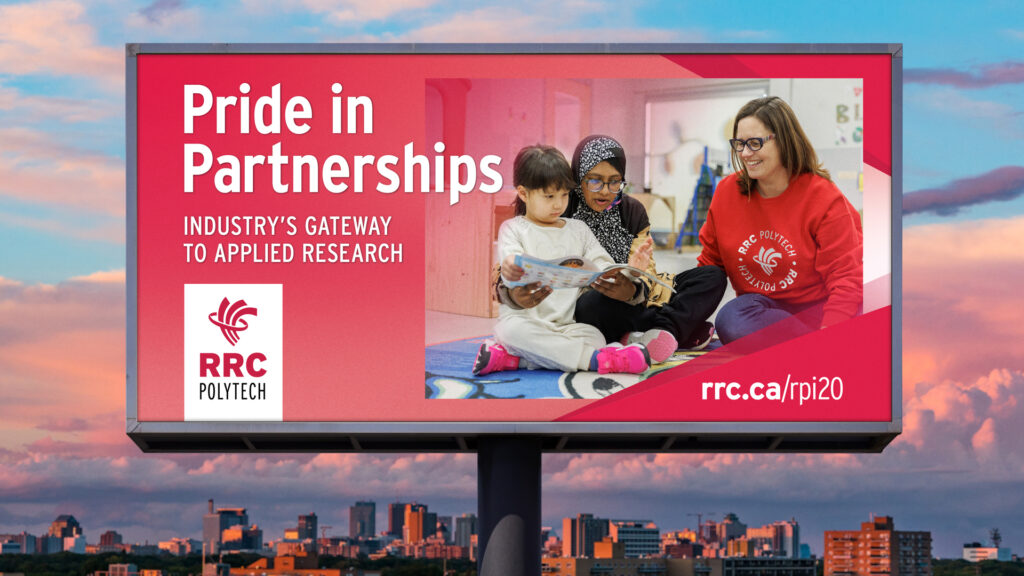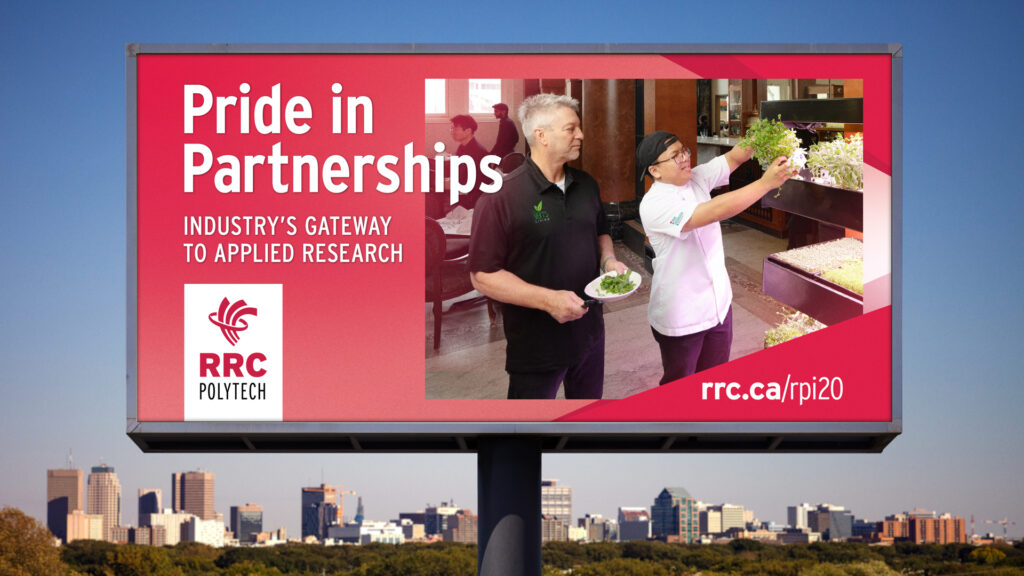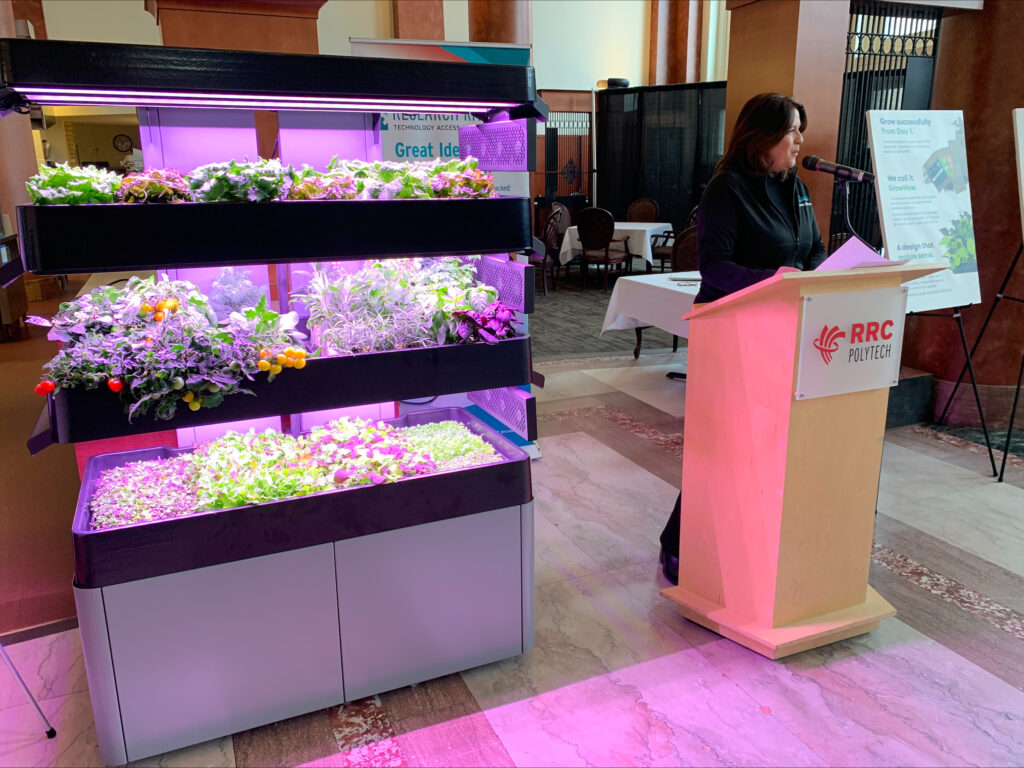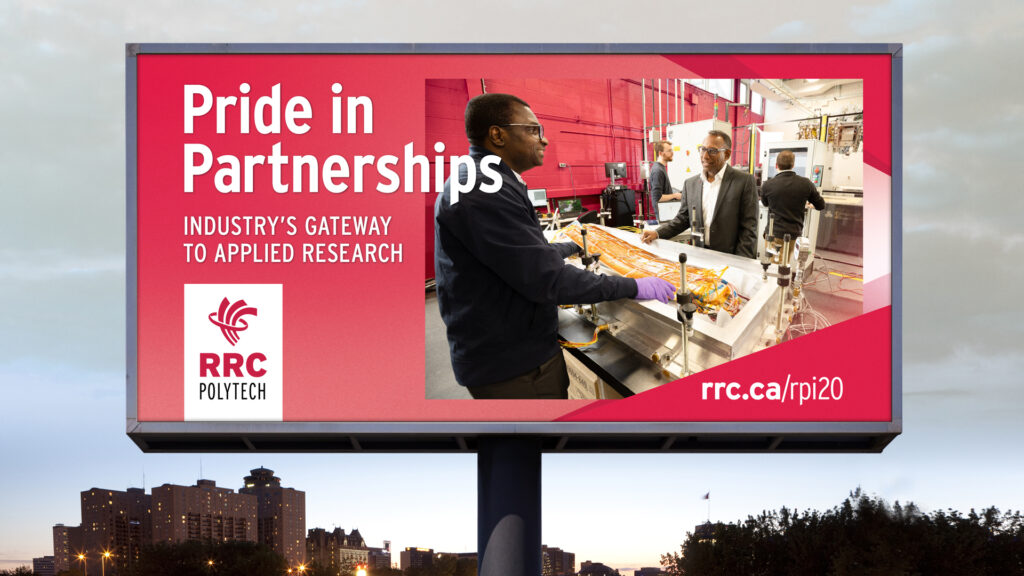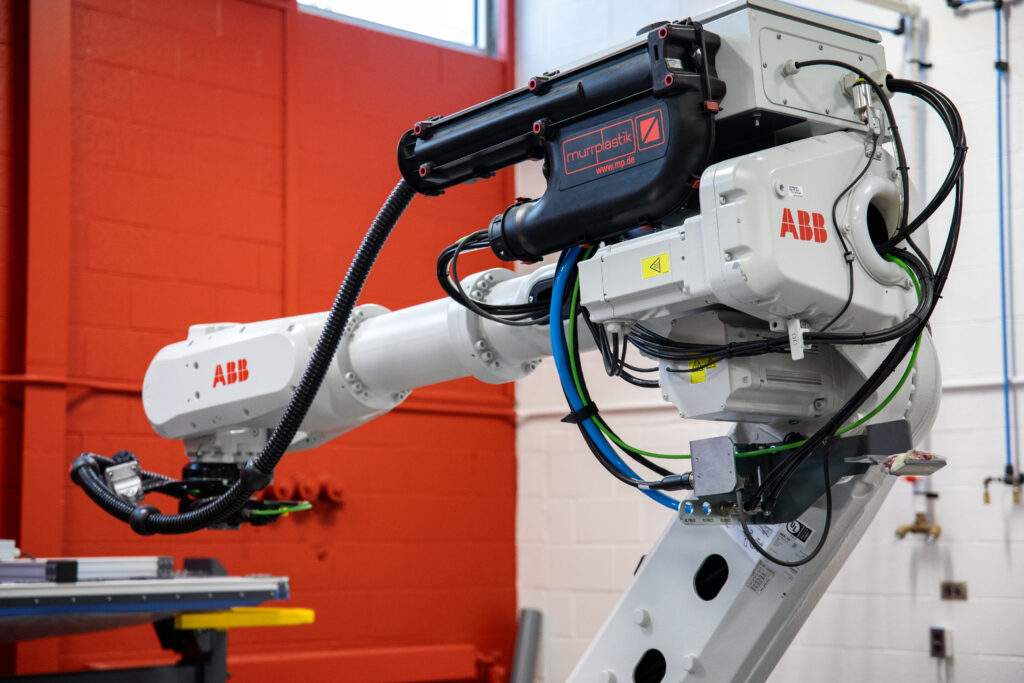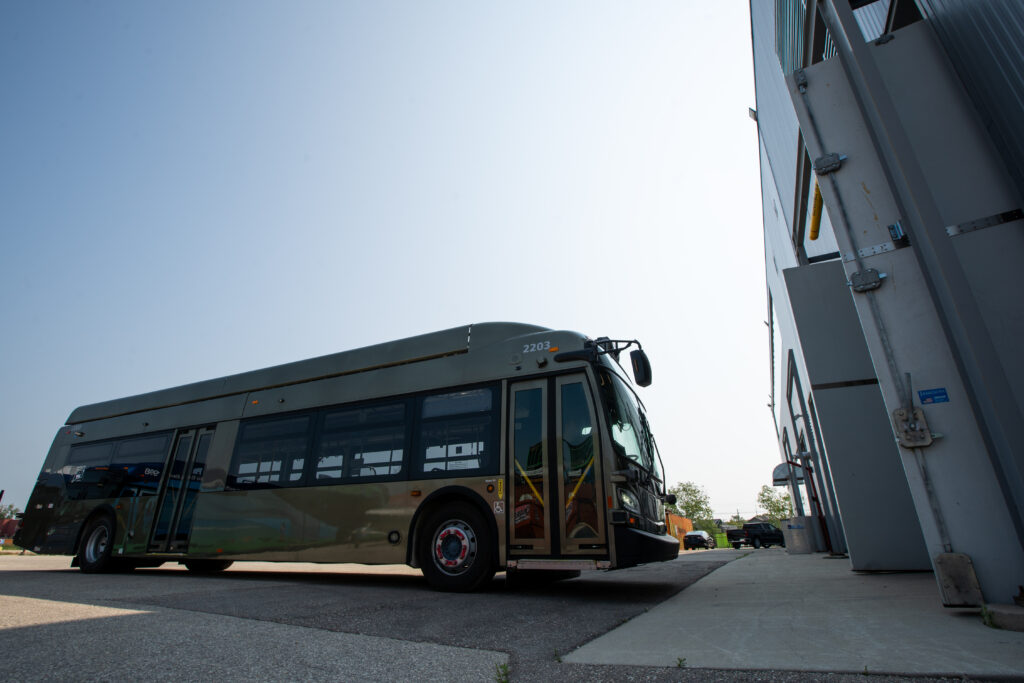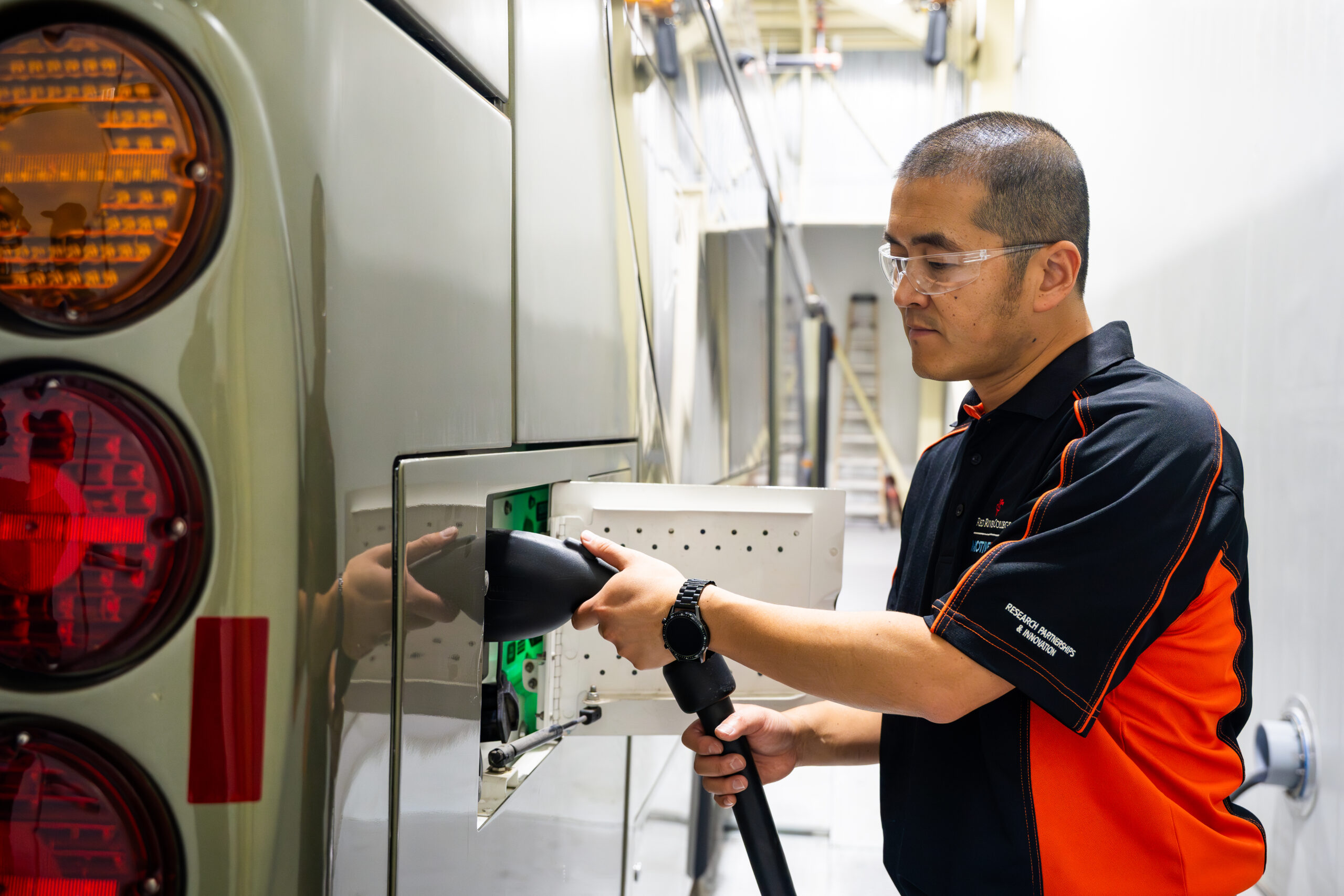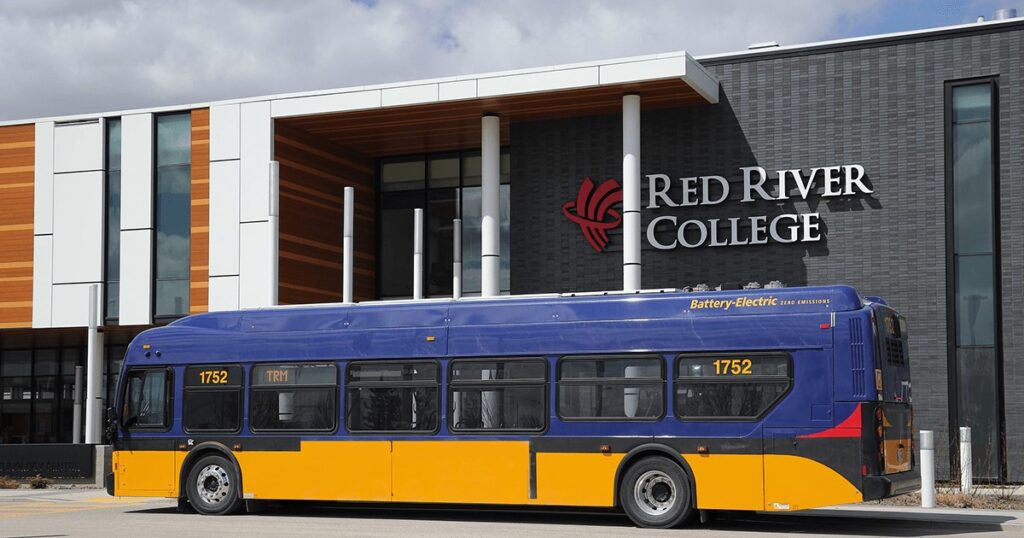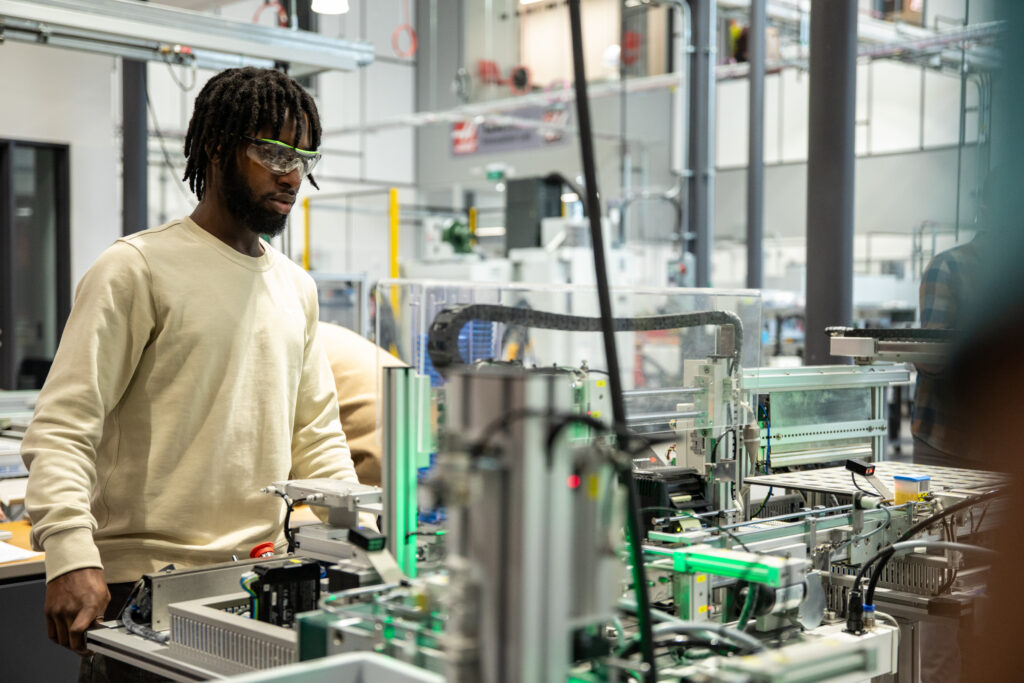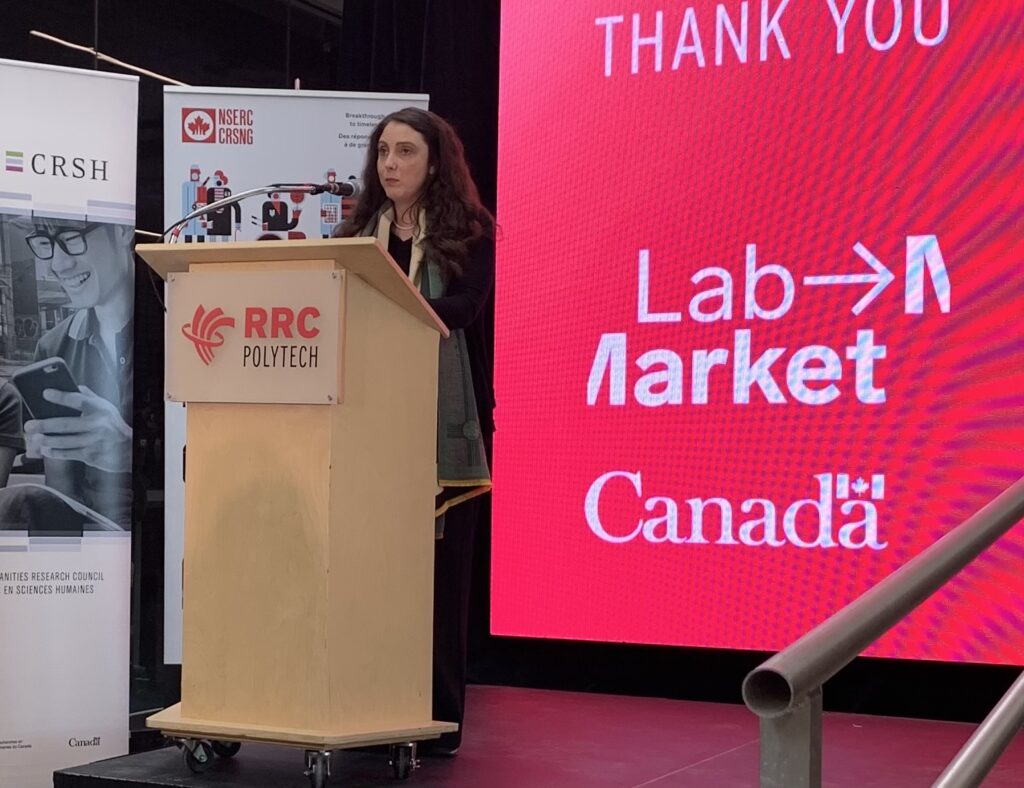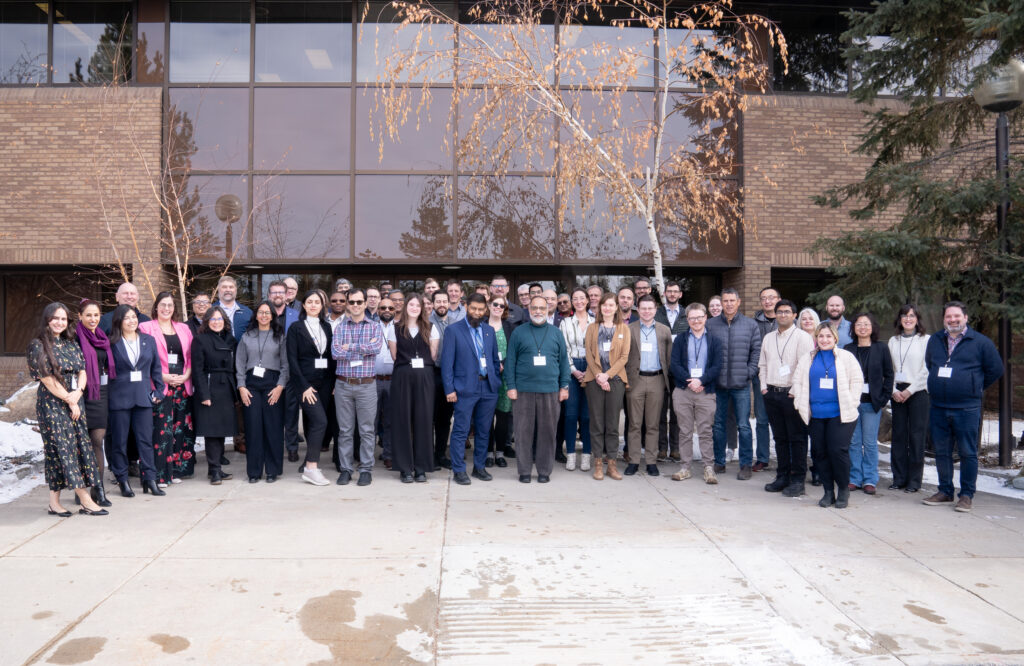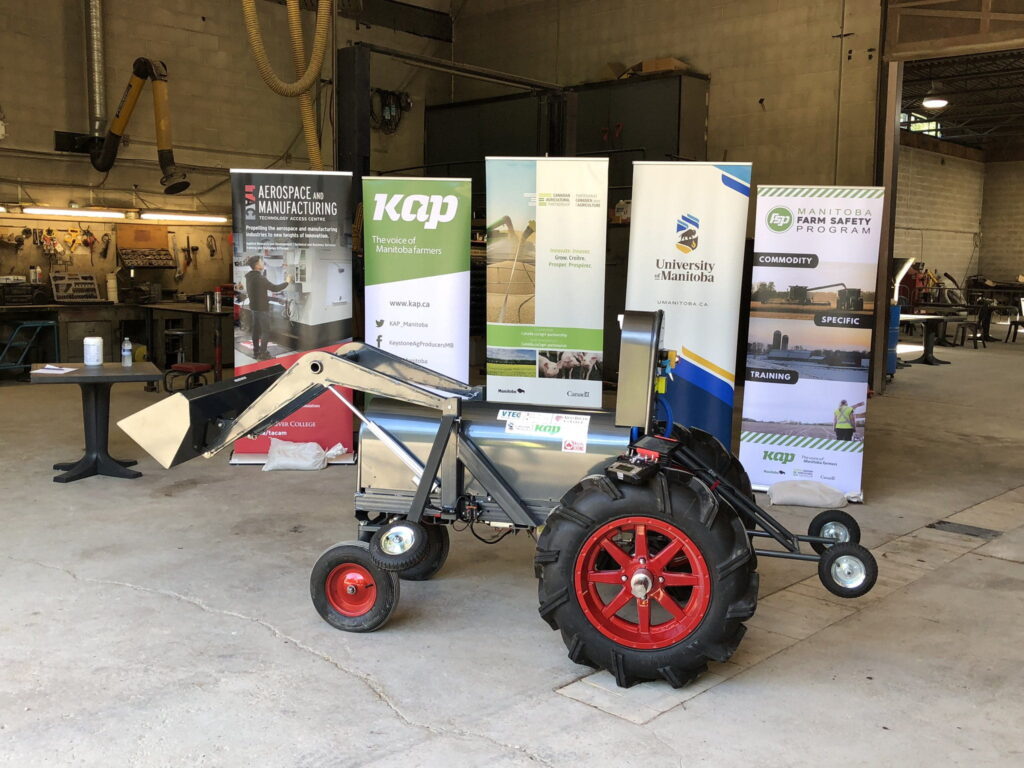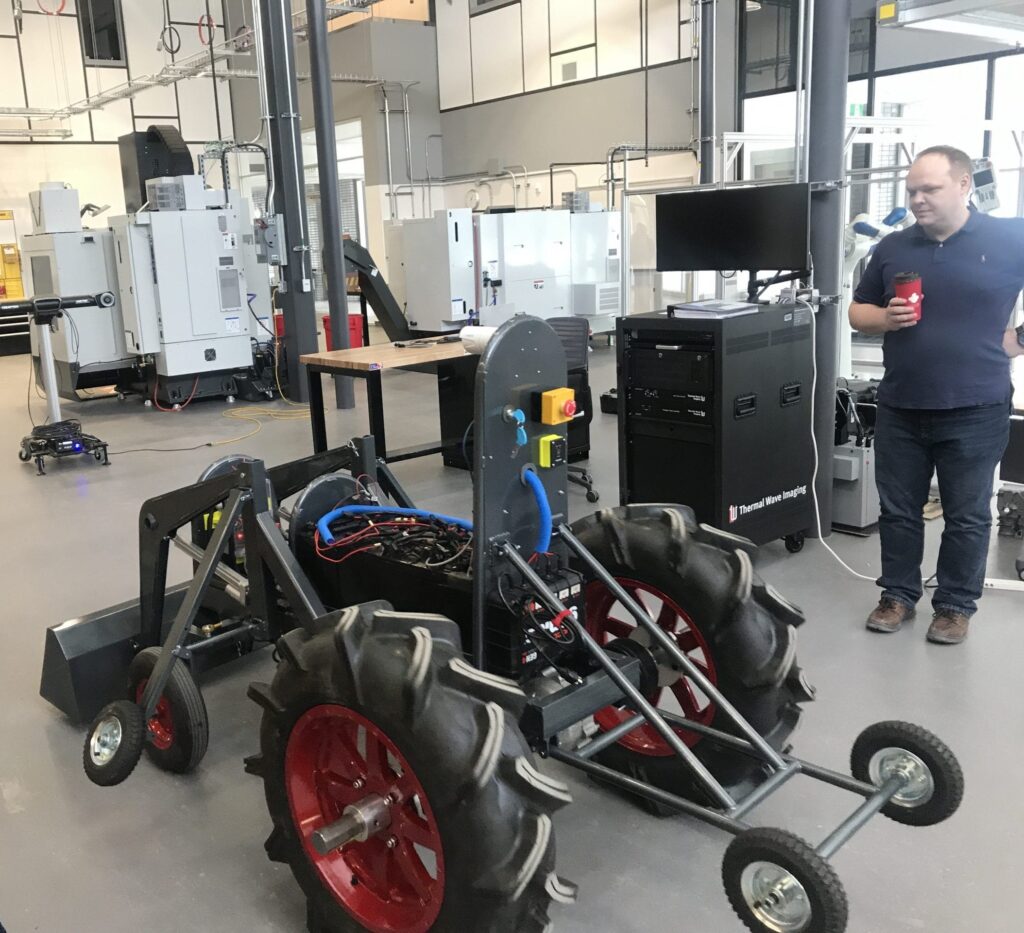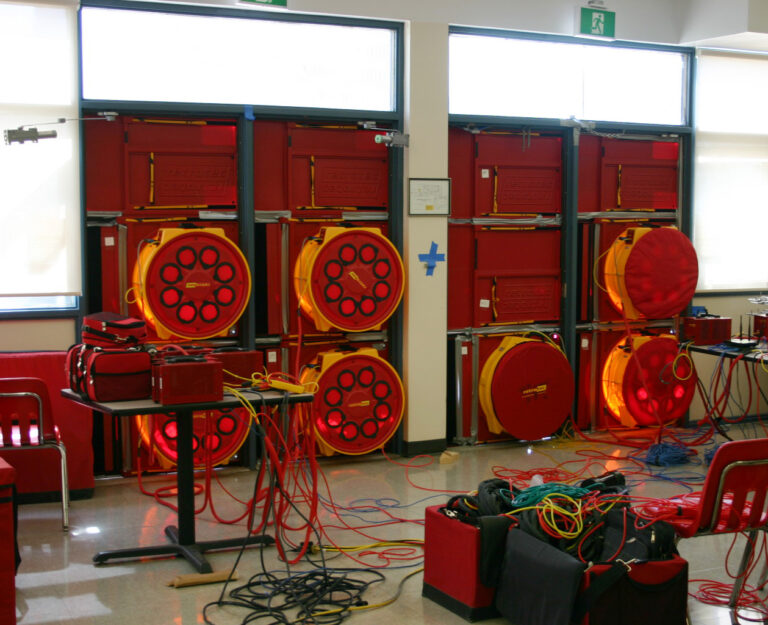RPI’s 20 Stories for 20 Years – The Abecedarian Approach
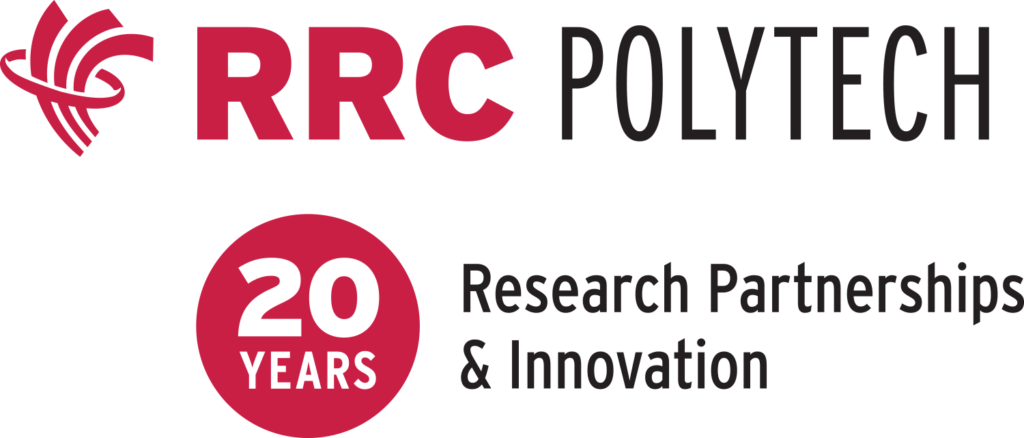
To demonstrate the impact that applied research projects make on all Manitobans, we present RPI’s 20 Stories for 20 Years. A compilation showcasing successful partnerships from the past and the present, with a constant focus on the future.
Parents share a universal desire to have their children grow up to be happy, healthy, and productive. RRC Polytech is helping the early childhood education system that supports parents and their children to greatly increase their likelihood of success by building on its local and international leadership role in knowledge mobilization and bringing the world’s best science to policy and practice.
A forerunner of all applied research at the College, Early Childhood Development Research (ECDR) has been impacting the work of early childhood educators (ECEs), both across Canada and on a global scale for decades through the development, promotion, and adoption of the Science of Early Child Development (SECD) initiative. SECD is based on the increased understanding that early brain development in children (including before birth) is influenced by the environment and experiences that surround them and sets the foundation for lifelong health, learning, and wellness.
“This is some of the most important work that anyone can be doing – elevating and strengthening the lives of children from their earliest years for their future and ours,” said Dr. Rob Santos, Chair of Early Childhood Development Research at RRC Polytech. “From early childhood educators working on the floor with kids and their families at early learning centres; to ECE instructors; to working in policy; our team brings together an incredible breadth and depth of experience and expertise. We’re proud to collaborate with partners who make positive impacts on families and communities here in Manitoba and across the world.”
And that includes working for over a decade now with Dr. Joseph Sparling of the University of North Carolina at Chapel Hill and the University of Melbourne, to develop and deliver training for his evidence-based Abecedarian Approach to early childhood education that is proven to improve lifelong developmental, learning, health, and social outcomes for children, especially in families and communities with the greatest needs.
The Abecedarian Approach is comprised of four main components: Language Priority, Conversational Reading, Interaction Games, and Enriched Caregiving.
Emphasizing language skills as the core of early learning, the approach promotes reading and communication along with high-quality adult-child interaction for stronger cognitive, social, and emotional development in children.
“Over 50 years of longitudinal research around the world shows children who participated in the Abecedarian Approach are more likely to complete high school, complete post-secondary education, have a job, healthier lifestyles, and better mental health. It also leads to better heart health and less metabolic syndrome as adults. They’re also less likely to be involved in criminal activity and more likely to be socially inclusive, treating others with greater fairness and equity,” said Santos. “Even more amazingly, Abecedarian leads to bigger, better brain structure as adults that can be seen in MRI scans. The first-ever scientific demonstration that enriching early childhood experience produces long-term improvements in brain development.”
The Abecedarian Approach was first piloted in Canada at the Lord Selkirk Park Child Care Centre in Winnipeg in 2012, which hosts many First Nations, Métis, and newcomer children. Its success included a significant advance in confirming that Abecedarian was both culturally welcomed and effective for these important groups.
After years of lobbying and writing proposals, Morrow Early Learning and Child Development (MELCD) received funding for full implementation in 2023 as part of an Abecedarian expansion initiative across Manitoba. And while the organization already utilized many Abecedarian strategies, Executive Director, Bonnie Ash describes the results as a dream come true.
“This program needs to be in every preschool – it’s being done in countries all over the world because it works. We found that aggressive behavior was down because kids had more attention. They learn through play. They’re having fun and learning what they need to move them on to the next step in life, which is to prepare them to succeed in school,” explained Ash. “When you walk into a room and you observe these children within even two weeks, there is such a noticeable difference in their language, how they communicate, even with each other, so we know it works.”
In partnership with Dr. Sparling and Kimberly Meunier of the Abecedarian Education Foundation, RRC Polytech is proud to have the Canadian rights to Abecedarian training and supports its industry and community partners with ongoing interaction – to not only document results for further study, but to connect with those on the front lines to enhance program delivery.
“We have a strong relationship, and I think RRC Polytech has done a fabulous job,” added Ash. “Each team member has a particular specialty and works directly with our ECEs to provide appropriate training and support. They also make themselves available to enhance training during our dedicated professional development days.”
With the intention of always attempting to meet the needs of families, MELCD continues to build trusting relationships with its clients. Responding to a need in the community many years ago, MELCD experimented by opening the first unofficial, daytime, parent-child support centre in Manitoba. This program currently operates only after hours/evenings to ensure that support is available to families who work or attend school.
“By listening, surveying, and observing family interactions we are able to share the program’s benefits across the community we serve and ultimately promote the power of education for everyone,” said Ash.
“When families and the people serving their young children see the immediate and ripple effects in terms of the child’s outcomes, it’s hard not to be inspired,” said Santos. “We found that there were inspirational effects on the parents themselves in terms of their own learning and drive to pursue their own training opportunities.”


